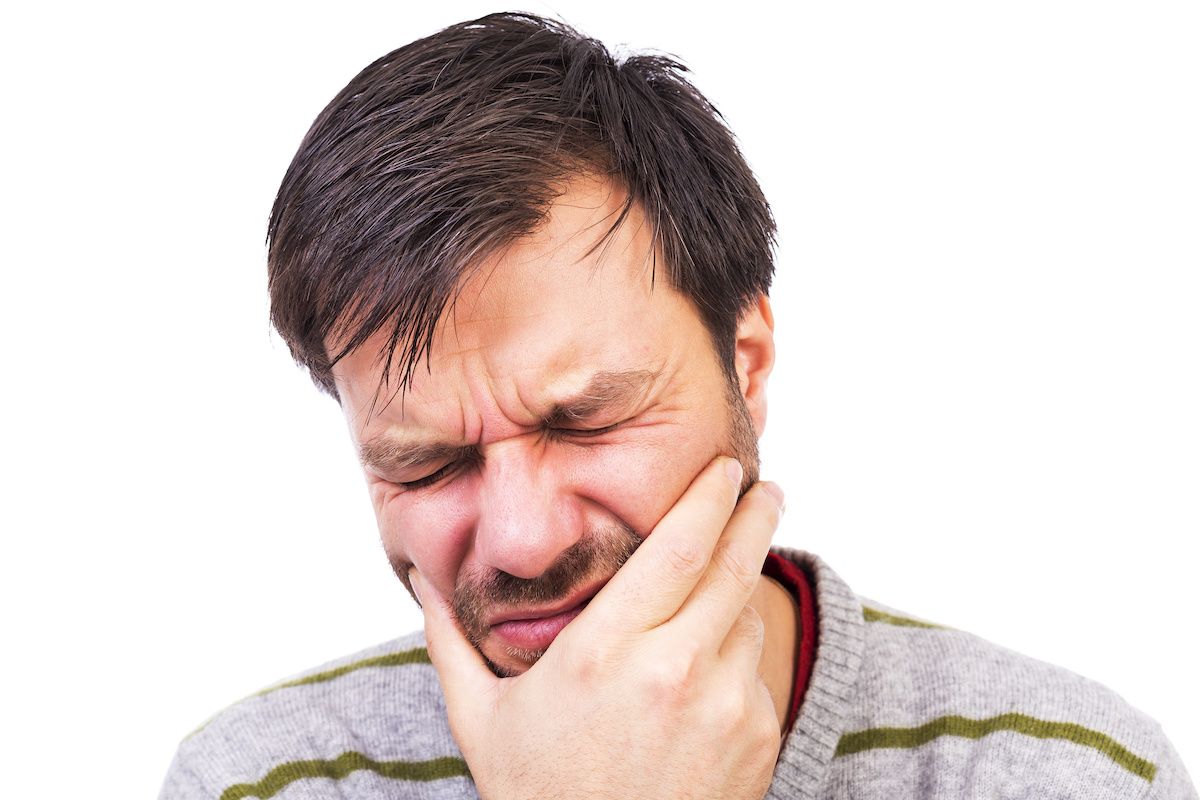How to care for your mouth, ease symptoms and prevent problems before and during cancer treatment.
Here’s some good advice: Take care of your mouth before and during cancer treatment. Your mouth can be affected by some chemotherapy or targeted therapy drugs or radiation to the head and neck area. These problems can range from mild irritation to conditions that make it difficult to eat, drink or speak. They may affect the way foods taste and increase your risk for cavities and infections. Some of these conditions will go away in time, but others will require treatment to heal or lessen the symptoms. Severe problems may delay or even stop your treatment.
Types of mouth problems
- Redness or soreness anywhere in your mouth
- Cracks, ulcers, blisters, white patches or bleeding in your mouth
- Dry mouth (lack of saliva)
- Problems chewing or swallowing
- Pain in your teeth, gums, tongue or jaw
Preventing mouth pain and sores
Here are some suggestions to help you prevent mouth pain and sores:
- Get a dental checkup. If possible, have a dental checkup before starting treatment. Tooth decay, cavities and other dental problems can increase your risk of infection.
- Keep your mouth clean.
- Brush your teeth, gums and tongue using a very soft toothbrush moistened with warm water and a fluoride toothpaste. Consider using a baking soda-based toothpaste.
- If you use a water flosser, such as WaterPik®, use the weakest setting.
- Floss daily, but if you have areas of bleeding or sores, avoid those areas until they heal. Use alcohol-free mouthwash and toothpaste. (Alcohol can dry and irritate your mouth.) If you are not sure if a product contains alcohol, check with your pharmacist. Your dentist or doctor may recommend a prescription mouth rinse.
- Keep your mouth moist. Drink lots of water (8-12 cups a day if you have no fluid restrictions). Artificial saliva products are available, if necessary.
Certain medications and radiation therapy to the jaw area can cause a side effect known as osteonecrosis of the jaw. Ask your doctor if your treatment puts you at risk for this condition. If you see your dentist before you begin treatment, they may make recommendations that could lower your risk. Symptoms include signs of infection in the gums; gums that don’t heal after dental work, loose teeth, or a numb or very heavy feeling in the jaw; bone visible in your mouth; or the feeling that a bone is sticking out of your jaw.
Nutrition services at Roswell Park
Our registered dietitians can help address some common dietary-related side effects of your cancer treatment.
Caring for dentures and removable appliances
- Make sure you clean them properly every day.
- Do not wear your dentures while you sleep at night.
- If you are having radiation to your head or neck, use your dental appliances only when needed; they can irritate the tissues in your mouth and may be the source of a fungal infection. (If you see white patches in your mouth, get a dental checkup.)
- Weight gain or loss can cause dentures to lose their fit. If this happens, have your dentist adjust your dentures to avoid causing injury or irritation.
What to do if you have a sore mouth
- Brush your teeth. If a toothbrush causes too much discomfort, use an oral swab, which looks like a cotton swab but has a sponge on the end instead of cotton.
- Eat soft foods or soften foods in a blender with some form of liquid and drink them from a cup or through a straw.
- To prevent existing mouth problems from getting worse, avoid hard, crunchy and chewy foods; all tobacco products; all products containing alcohol; lemon or glycerin swabs; citrus fruits and foods containing vinegar; and spicy, hot or acidic foods and drinks. (Cola, teas and coffee are all acidic.)
- Ice chips may help with mouth pain and/or swelling.
- To relieve mouth pain, mix 1/8 teaspoon salt and 1/4 teaspoon baking soda with one measuring cup warm water. Swish it around in your mouth for a few minutes and then spit it out.
- Check with your doctor before you take any medications or products for your symptoms.
- Don’t ignore the early signs that you may be developing open mouth sores, such as pain, redness or tenderness. Open sores increase your risk of getting an infection. Ask your doctor if you should get a dental consult.
- Call your doctor if mouth pain prevents you from eating, drinking or swallowing, or if you have a fever of 100.4°F or higher.
What about prescription medications?
Your healthcare provider will discuss the options that are available for you if you need prescription medication to relieve pain or treat an infection. They may prescribe an antifungal rinse or lozenge. Gel Clair® is a mouth gel prescribed to relieve mouth sores. It works by forming a barrier that protects the nerve endings that cause pain. You can eat, drink and take medications while using Gel Clair but avoid drinking or eating anything within one hour of using Gel Clair. BMX suspension is a compound made at the pharmacy that combines several medications to reduce pain and irritation. Ask your doctor or dentist about a BMX prescription.
Mouth sores are a common problem when you are receiving some types of cancer therapies. There are treatments available to reduce your risk of having mouth problems, and to reduce pain and discomfort if you do. Remember, if your mouth problems are severe, your treatment may be delayed or stopped.
